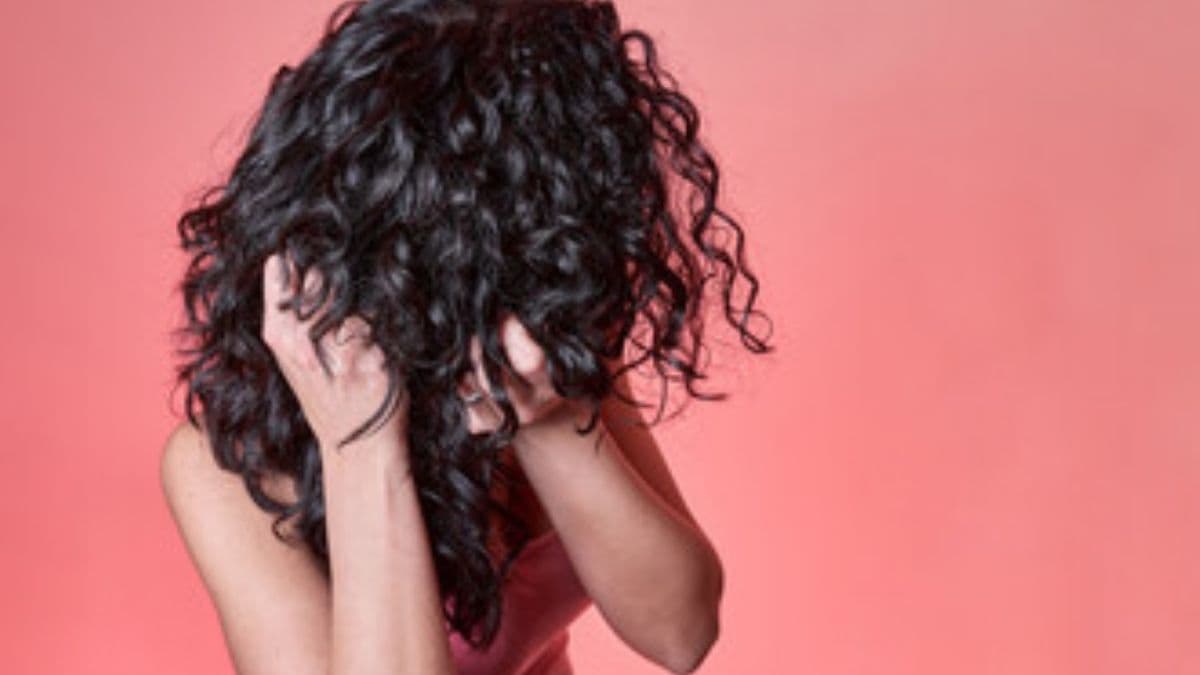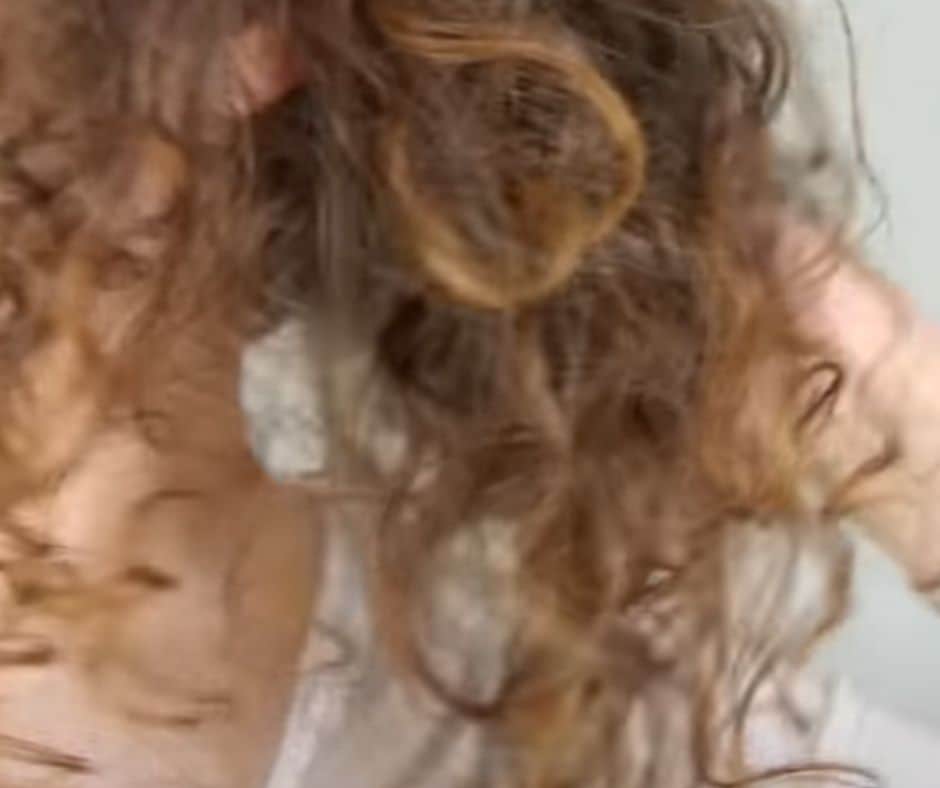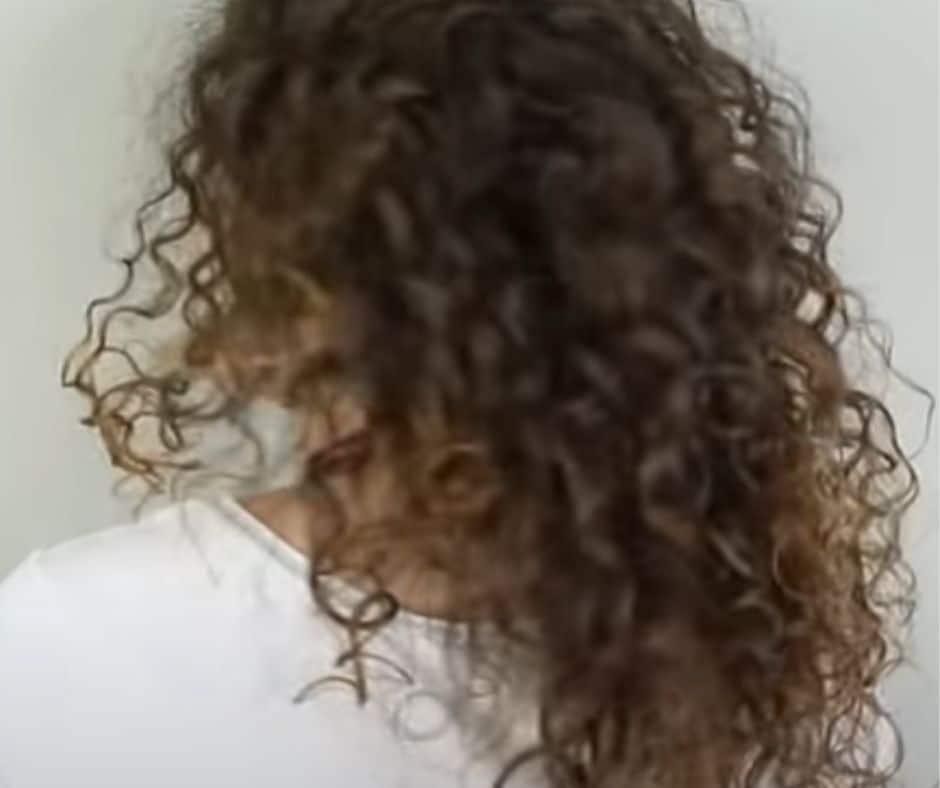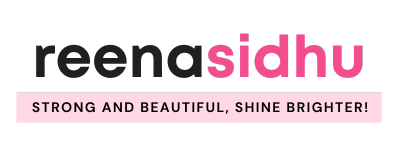How To Tell If Your Hair Has Too Much Protein

Protein treatments are all the rage right now, but having too much of a good thing can be harmful, resulting in protein overload. You may have too much protein in your hair if you have extremely dry and unruly hair. But, how exactly are you sure how to tell if your hair has too much protein? Hop on this ride; let us find out together!
Protein is also important for damaged hair since it aids in cell tissue repair. It does not matter what hair types you have all hair deserves to be cared for. Your body will counterattack if you do not ingest or otherwise absorb enough protein in your diet. It will then start rationing the protein you do consume. It will strive to distribute it evenly throughout the body, leaving less for your hair follicles. Hair can become dull, dry, and brittle if it lacks natural protein.
Protein is abundant in healthy, durable, and flexible hair. These proteins provide fullness, bounce, and gloss to your hair. When it comes to hair protein, however, there is such a thing as too much of a good thing. Too much protein in your hair, also known as protein overload, can make it seem dull, dry, and brittle.
Keratin, your hair’s major protein, can be added to your strands to strengthen them. Leave-in conditioners and deep conditioning treatments coat your strands in keratin, which strengthens them. Only when keratin accumulates up in your hair shaft can it weaken it, resulting in split ends and hair that is more difficult to manage.
Protein sensitivity can happen in low porosity hair. This is because low porosity hair does not absorb water very well and using protein products and causes protein overload.
There are so many hair products on the market nowadays that it’s easy to become overwhelmed. The best thing is to cut through the clutter and figure out which one is appropriate for you and be aware of your hairs’ specific needs.
How To Tell If Your Hair Has Too Much Protein

You’ll need to know the difference between dry hair that hasn’t been adequately moisturized and hair that has too much protein. Although moisturizing should be part of your hair routine, it is crucial when using protein products to avoid protein overload. Hair needs to have a balance between protein and water in order to have healthy hair
All of your efforts to moisturize appear to have little effect on hair growth (or perhaps make things worse, depending on whether the moisturizer you’re using contains protein). Here are some signs of protein overload to look out for:
- Protein causes hair to become brittle, breakage-prone hair
If your hair has become dry and brittle hair by snapping off easily, you may have too much protein in it.
By preventing water from sufficiently nourishing the hair follicles, excess protein causes your hair to become weak and prone to damage.
- Protein Can Alter Hair Texture And Curl Pattern Significantly
When your hair begins to misbehave, this is one of the most telling indicators of protein overdose.
This means you’re noticing a change in your hair structure or curl pattern, and it’s bothering you. Perhaps you’re fine, shiny hair has become coarse, or your curly locks have lost their shape.
Long-term usage of ineffective products results in excess protein in your hair. If the texture of your hair has changed, you should look at the products you’re utilizing.
- Shine Loss Can Be Caused By Protein
Enough hydration is one of the most important aspects of having glossy, beautiful hair. Protein overdose might cause your hair to lose its luster. You may notice that your hair color is off or that it is plain boring.
One of the most prevalent causes of luster loss is an excess of protein in your hair, which can happen quickly.
- Shedding Can Be Encouraged By Protein
Shedding hair can be caused by a variety of factors, but the first one to consider is eating too much protein.
If the water/protein ratio is incorrect, your hair isn’t getting all of the nutrients it needs to stay healthy. As a result, your roots may become weak, resulting in greater shedding than usual.
- Protein causes hair to be stiff or straw-like in texture.
Your hair may appear to be rougher than usual. When hair strands are dehydrated, they become hard and less flexible.
This might result in a straw-like texture in your hair that no amount of deep conditioner can repair.
You can tell protein overload when you take a strand of hair pull and it if it doesn’t bounce back then likely you have protein overload.
What Happens If You Overload Your Hair With Protein?

Protein treatments wrap your hair strands with keratin, making the links between your hair molecules stronger. This protein can pile up on your hair’s cuticle, making it heavier. As it fights particularly hard against the influence of gravity, this might wear out your hair strand.
Hair that has too much protein is likely more prone to damage. However, there is little research on the effects of too much protein on hair. As of yet, the negative effect of so-called “protein overload” is primarily anecdotal.
What Causes Protein Buildup In Hair?

Protein goes by many names, but you’ve probably heard of keratin, which is advertised as a wonder component in hair products that restores shine and prevents additional damage.
When we use chemicals like hair color or heat instruments like hair straighteners, the intrinsic structure of the hair strand is affected.
As a result, protein is removed from our hair, and we must replenish it in order to repair the strength of each hair follicle. Then we go on to the protein-rich miracle products.
Ingredients including keratin, soy protein, biotin, and even coconut are found in these products.
After all, did you know that coconut is a protein mimicker? Coconut oil was found to be the only oil capable of penetrating the hair shaft in a study.
Can You Have A Protein Overdose?
When the levels of protein and moisture in your hair are out of balance, it’s known as protein overload. Although protein is essential for hair health, if you use protein-rich hair products regularly, you may end up with too much protein in your hair.
Something is wrong if you notice your hair is dryer than usual, your texture has drastically changed/altered, you’re experiencing breakage, and you’re shedding excessively without changing your regimen.
How Does The Body Get Rid Of Excess Protein?
Excess amino acids produced by protein digestion are transferred from the small intestine to the liver when too much protein is consumed. The liver regulates the content of amino acids in the body, as excess amino acids must be safely eliminated.
How To Fix Hair With Too Much Protein
Recovery from protein overload does not happen immediately, but with a few key actions in place, you will not have to wait too long to see results. It may take a few months to notice improvements, depending on the extent of your protein buildup.
You’ll want to pay attention to how you’re moisturizing your hair. This entails sifting through your product hoard and removing any protein-containing moisturizers in favor of those that don’t.
Though protein is necessary for hair to remain robust, too much of it can cause your hair to become fragile and stiff. When your hair is acting up, and you can’t figure out why protein overload is typically to blame. If you’ve been pampering your hair with new shampoo, moisturizing masks, or treatments, but your hair still feels straw-like, you may have too much protein buildup.
Proteins exist in a variety of shapes and sizes, making it difficult to get rid of them. Check the ingredients of your existing items, as well as any you plan to purchase, for these frequent protein names.
Here’s a breakdown of the protein ingredients:
- Keratin
- Collagen that has been hydrolyzed
- Protein from wheat, quinoa, or soy
- Protein derived from silk
- flour made from oats
You would be amazed how many of your products contain one or more of these substances, but you should avoid all protein-boosting products throughout your recovery phase to restore balance to your hair.
Some natural ingredients like coconut oil are known to cause more harm than benefit for protein-sensitive hair. You might have too much protein on your strands if your hair feels “crispy” after using coconut oil.
What is next?
Cleanse: Cleansing your hair helps get rid of extra protein on the surface but don’t overdo it by washing it too much. You can progressively minimize protein accumulation on your hair by using a cleansing/clarifying shampoo until it becomes softer and more manageable.
Deep Conditioning: If you can’t find a protein-free deep conditioner, you might want to skip it. For protein-sensitive hair, jojoba conditioners or other oils like pumpkin or argan oil can be used.
Styling: To avoid breaking while your hair is dealing with protein excess, avoid doing any severe styling. Also, any creams or other style aids must be protein-free; nevertheless, because your hair is trying to re-establish its equilibrium, it’s better to go light on products or wait a while before using them. Stick to cleaning and hydrating your hair so you can recognize when it begins to feel different.
What Is The Best Homemade Protein Treatment For Hair?
Natural protein for hair can be obtained in a variety of ways, and what greater source of nutrition than nature’s bounty. You can use a variety of homemade protein hair treatments, many of which are produced with natural or household ingredients, to cure damaged hair or to add protein to healthy hair. Protein hair treatments produced at home are great for feeding the outside of the hair and strengthening each hair shaft on the outside to help avoid breaking and fallout.
Yogurt.
Yogurt, sour cream, and other dairy products contain lactic acid; while the fat in the dairy nourishes your hair, it cleans and hydrates it. This is a fantastic weekly treatment for revitalizing and restoring luster to your hair. Add an egg to your yogurt mixture to make a more strong homemade protein conditioner. Allow up to 20 minutes for the mixture to sit before washing it out.
Avocado-Egg Pack
For your hair, this pack is hydrating and nourishing. Olive oil is a natural hair conditioner that makes your hair soft. The proteins in eggs, along with the vitamins in avocado, provide the appropriate amount of sustenance for your hair.
Time limit: 5 minutes
- a single egg
- One avocado (ripe)
- Two teaspoons extra virgin olive oil
Procedure
- To make a smooth paste, mash the avocado and combine it with the other ingredients.
- Wait 30 minutes after applying the mixture to your scalp and hair.
- Using cool water, rinse the pack.
- Hair should be shampooed and conditioned.
- Once a week, use this pack. It can be used twice on extremely dry and damaged hair.
- Hair pack with avocado and coconut oil
Coconut oil enters the hair shaft and repairs it from the inside out. It also contains fatty acids, which help to prevent hair protein loss. It makes an excellent hair pack when combined with avocado to keep your hair healthy and strong.
Procedure
- Mash the avocado and stir in the coconut oil until smooth paste forms.
- This mixture should be applied to your hair and left in for 45 minutes.
- Shampoo your hair and then condition it.
- Once a week, use this pack.
- This hair pack should not be used on oily hair.
- Hair Pack with Mayonnaise and Eggs
Protein is abundant in both mayonnaise and eggs. This bundle is ideal for controlling frizzy hair.
- One beaten egg white
- 2 tbsp. of mayonnaise
Procedure
- To make a good paste, combine all of the ingredients in a mixing bowl.
- Leave this mixture on your hair for 25-45 minutes.
- Shampoo and condition afterwards.
- Once a week, use this pack.
Avocado
Try an avocado protein treatment for natural hair for dramatic results. Avocados are not only high in protein and nutrients, but their high-fat content also has hair-care advantages. Avocados help to repair hair damage, strengthen hair strands, and prevent hair from becoming dry, brittle, or prone to breakage. Make a DIY protein conditioner by mashing half an avocado with 2 tablespoons of mayonnaise (which contains egg protein) and applying it to your hair once a week.
Mask made of eggs.
With eggs you already have on hand, you may build a protein treatment for natural hair. Because eggs are high in protein as well as helpful enzymes, they are undoubtedly the greatest protein treatment for heat-damaged natural hair. Because hair that has been treated with heat or a product tends to be brittle and dry, an egg is a fantastic natural protein treatment for damaged hair. Use the entire egg as a protein treatment for naturally fine hair.
Apply generously to hair and scalp, cover with a cap or warm towel, and set aside for twenty minutes. Use simply the egg whites for a natural protein treatment for frizzy or oily hair. This egg protein treatment for natural hair can be used every two weeks or once a month as an at-home protein treatment for hair.
Hair Pack with Mayonnaise and Avocado
Mayonnaise is made out of eggs, which are high in proteins and nourish your hair. It can also aid in the removal of head lice.
Preparation Time
Time limit: 5 minutes
- mayonnaise, one tablespoon
- One avocado (ripe)
Procedure
- Toss the avocado with the mayonnaise and mash it up. Mix thoroughly.
- This mixture should be applied to your hair and left in for an hour.
- Using cool water, rinse it out.
- Shampoo and condition your hair.
- Once a week, apply this protein mask to your hair.
- If you have greasy hair, avoid using this mask.
- Pack of Avocado and Eggs
For your hair, this pack is moisturizing and nourishing. Olive oil is a natural hair conditioner that makes your hair silky. The proteins in eggs, along with the vitamins in avocado, provide the appropriate amount of sustenance for your hair.
Coconut oil
Coconut butter or oil is high in healthy fats and proteins, making it an excellent natural protein treatment for damaged hair. Applying a coconut oil mask to your hair can provide a low-cost, deep-moisturizing treatment with excellent results.
Most of these hair packs can be made in about 5 minutes and can provide you with the same results as a commercial hair mask at a fraction of the cost. Your hair may be returned to its former splendor in no time with a little more work. However, if the condition of your hair does not improve or you are experiencing hair loss, see a doctor to get the underlying ailment that is causing these symptoms diagnosed and treated.
Conclusion
While all hair requires protein to stay Cleansingrobust, there is such a thing as “too much of a necessary thing” when it comes to your hair. Your hair should return to its original texture with time, cleaning, and protein-free moisturization.
While homemade protein hair treatments are effective, they should not be used as a stand-alone therapy. Only the outside of the hair is targeted and nourished by homemade protein hair treatments, which serve to strengthen the integrity of hair shafts from the outside.
However, you must also target your hair follicles for the best outcomes. This means you’ll need to focus on treatment that works from the inside out, such as making sure your body gets enough protein each day. The first step in healing hair that has too much protein in it is to clean it and give it a vacation from style and hair treatments. A stylist’s trim and a little patience may be necessary for some circumstances.
